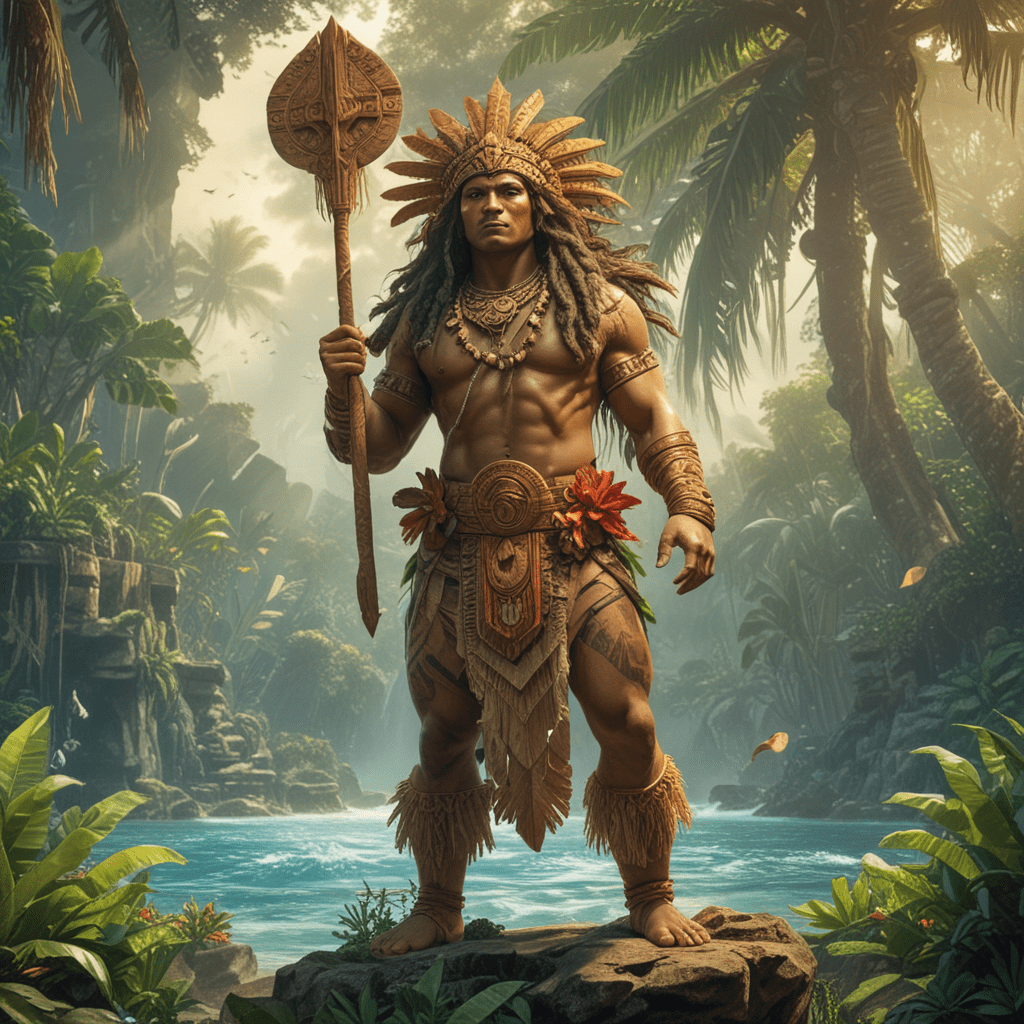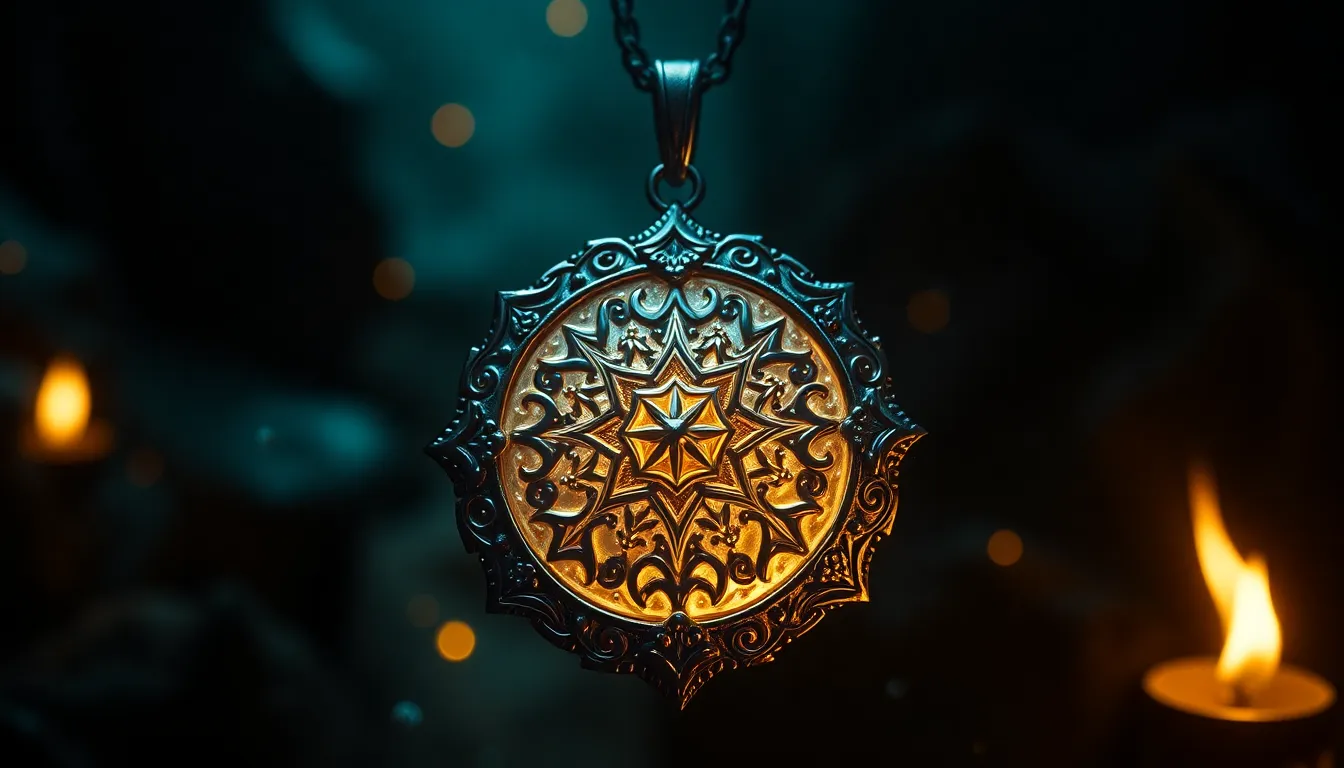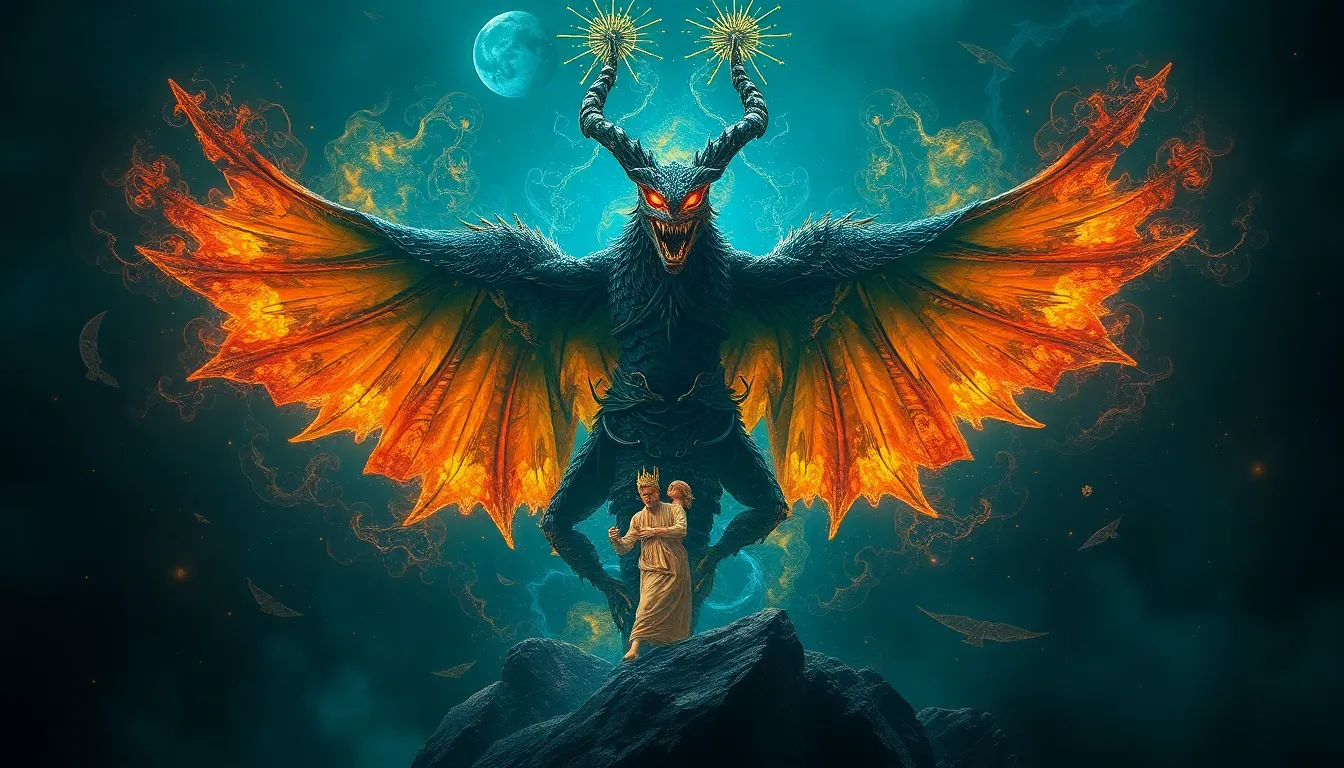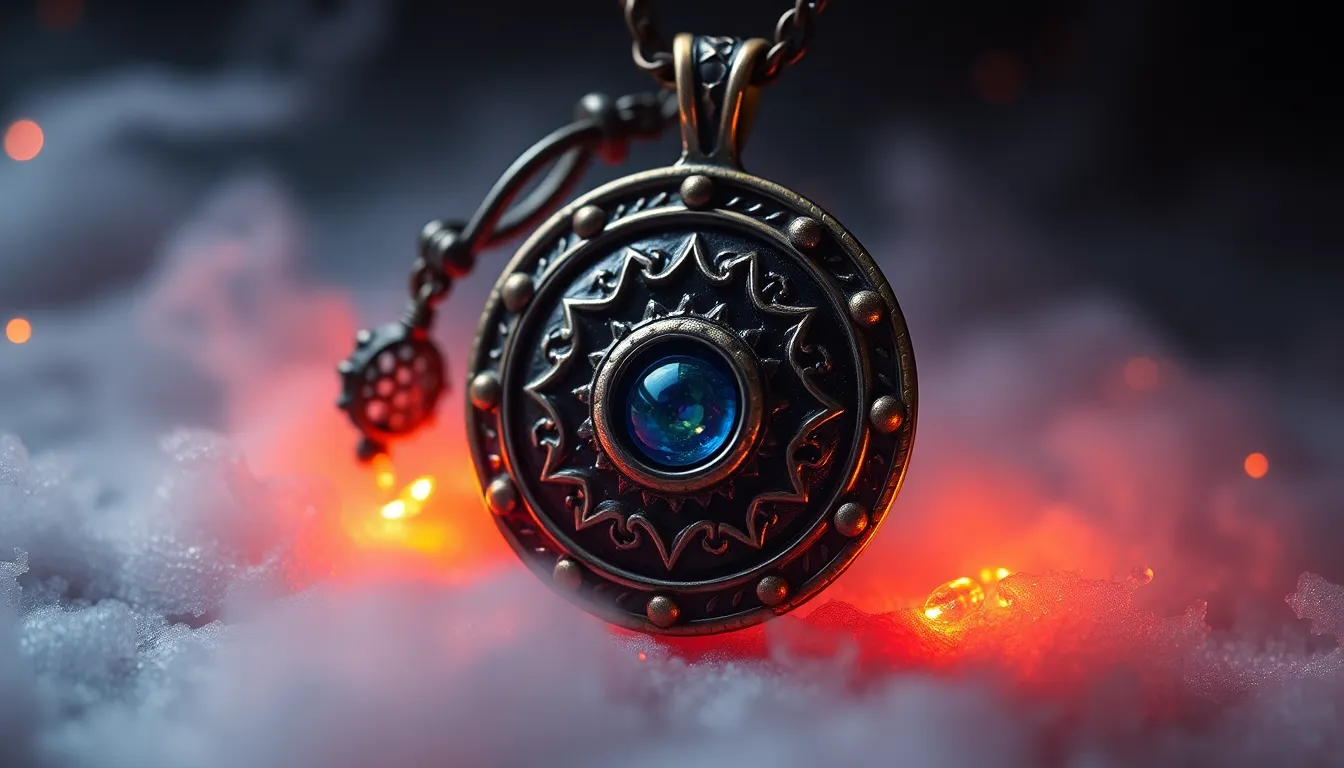Introduction to Polynesian Mythology and the Afterlife
Polynesian mythology is a rich and diverse tapestry of beliefs and stories that have been passed down through generations. It is a complex and multifaceted system of thought that encompasses the origins of the universe, the nature of the gods, and the journey of the soul after death.
The Polynesian afterlife is a complex and multi-layered realm, consisting of multiple heavens and underworlds. The specific nature of these realms varies from culture to culture, but there are some common themes that run throughout Polynesian mythology.
The Four Layers of the Polynesian Heavens
The Polynesian heavens are typically divided into four layers, each of which is associated with a different god or goddess. The highest heaven is often associated with the supreme god, while the lower heavens are associated with lesser gods and goddesses. The heavens are often seen as a place of light, warmth, and abundance.
The Three Layers of the Polynesian Underworld
The Polynesian underworld is typically divided into three layers, each of which is associated with a different type of punishment. The deepest layer is often reserved for the most wicked sinners, while the upper layers are reserved for those who have committed lesser offenses. The underworld is often seen as a place of darkness, cold, and hunger.
The Role of Ancestors and Ancestor Worship
Ancestors play an important role in Polynesian mythology. They are seen as the guardians of the family and the community, and they are often invoked for help and guidance. Ancestor worship is a common practice in Polynesian cultures, and it is often accompanied by offerings of food and drink.
The Significance of the “Haka” and Other Rituals
The "haka" is a traditional Polynesian dance that is often performed before battle or other important events. It is a powerful and intimidating display of strength and unity, and it is believed to have the power to ward off evil spirits. Other rituals, such as the "toi" and the "taua," are also important in Polynesian culture.
The Polynesian Concept of the Soul (Wairua)
The wairua is the Polynesian concept of the soul. It is believed to be a non-physical entity that resides within the body. The wairua is immortal and, after death, it travels to the afterlife. The nature of the afterlife depends on the deeds of the person in life.
The Journey to the Afterlife (Te Po)
After death, the wairua travels to Te Po, the Polynesian afterlife. Te Po is a dark and dangerous place, filled with treacherous obstacles. The wairua must overcome these obstacles in order to reach the final destination, Hawaiki.
The Trials and Tribulations of the Soul
On its journey to Hawaiki, the wairua must face a number of trials and tribulations. These trials may include being eaten by monsters, drowned in rivers, or burned by fire. The wairua must also answer questions about its life on earth.
The Rewards and Punishments of the Afterlife
The final destination of the wairua is Hawaiki, the Polynesian paradise. Hawaiki is a place of light, warmth, and abundance. Here, the wairua is reunited with its ancestors and enjoys eternal happiness.
Modern Interpretations of Polynesian Afterlife Beliefs
Polynesian afterlife beliefs have been adapted and interpreted in a number of ways in modern times. Some Polynesian people continue to believe in the traditional afterlife, while others have adopted Christian or other religious beliefs. There is no one right way to interpret Polynesian afterlife beliefs, and each individual is free to choose the interpretation that they find most meaningful.
FAQ
What is the Polynesian afterlife like?
The Polynesian afterlife is a complex and multi-layered realm, consisting of multiple heavens and underworlds. The specific nature of these realms varies from culture to culture, but there are some common themes that run throughout Polynesian mythology.
What happens to the soul after death in Polynesian mythology?
After death, the soul travels to Te Po, the Polynesian afterlife. Te Po is a dark and dangerous place, filled with treacherous obstacles. The soul must overcome these obstacles in order to reach the final destination, Hawaiki.
What is the significance of the "haka" in Polynesian culture?
The "haka" is a traditional Polynesian dance that is often performed before battle or other important events. It is a powerful and intimidating display of strength and unity, and it is believed to have the power to ward off evil spirits.
What is the role of ancestors in Polynesian mythology?
Ancestors play an important role in Polynesian mythology. They are seen as the guardians of the family and the community, and they are often invoked for help and guidance. Ancestor worship is a common practice in Polynesian cultures, and it is often accompanied by offerings of food and drink.



